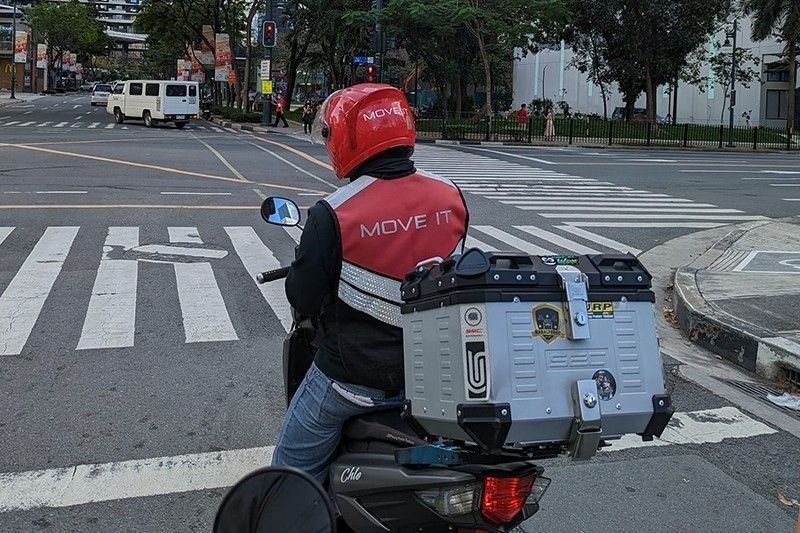
Piston warned of a deepening public transport crisis, citing the government’s planned removal of 14,000 MoveIt riders, a deadly bus crash along SCTEX, and the continued jeepney phaseout as signs of a system in collapse.
“This is no longer about isolated incidents,” said Mody Floranda, PISTON national president and Makabayan senatorial candidate. “This is a full-blown breakdown. Workers are being driven into poverty, commuters are stranded, and policy decisions are being made like it’s a corporate boardroom—not a public service.”
Crisis by Design: Deregulation, Displacement, and Neglect
The group slammed the Land Transportation Franchising and Regulatory Board (LTFRB) for targeting small-capacity transport workers while favoring large transport corporations. The latest move being delisting tens of thousands of MoveIt riders from the motorcycle taxi program.
“It’s the same pattern we’ve seen with the PUV phaseout,” said Floranda. “Deregulation and privatization are displacing the very workers who keep the system running.”
SCTEX Crash Exposed Deadly Working Conditions
The May 1 crash involving a provincial bus along SCTEX, which killed and injured multiple passengers, highlights what PISTON calls “the deadly cost of exploitation.” Reports say the driver fell asleep at the wheel.
“This is what happens when drivers are overworked and underpaid,” said Floranda. “If you don’t cut corners or drive beyond your limits, you don’t earn. That’s not a safety flaw—it’s a systemic failure.”
Piston says unsafe working conditions, poor pay, and lack of job security are putting both drivers and the public at constant risk. The group emphasized that safe roads require stable jobs, living wages, and humane work hours for drivers.
Call for Reform: The Need for a Progressive, People-Centered, Nationalized Public Transportation
Piston is urging the government to abandon profit-first policies and instead build a transport system centered on workers’ rights, commuter needs, and public safety.
“As long as transport policy is driven by corporate interests, this crisis will only deepen. Public mobility is a right—not a commodity,” said Floranda.